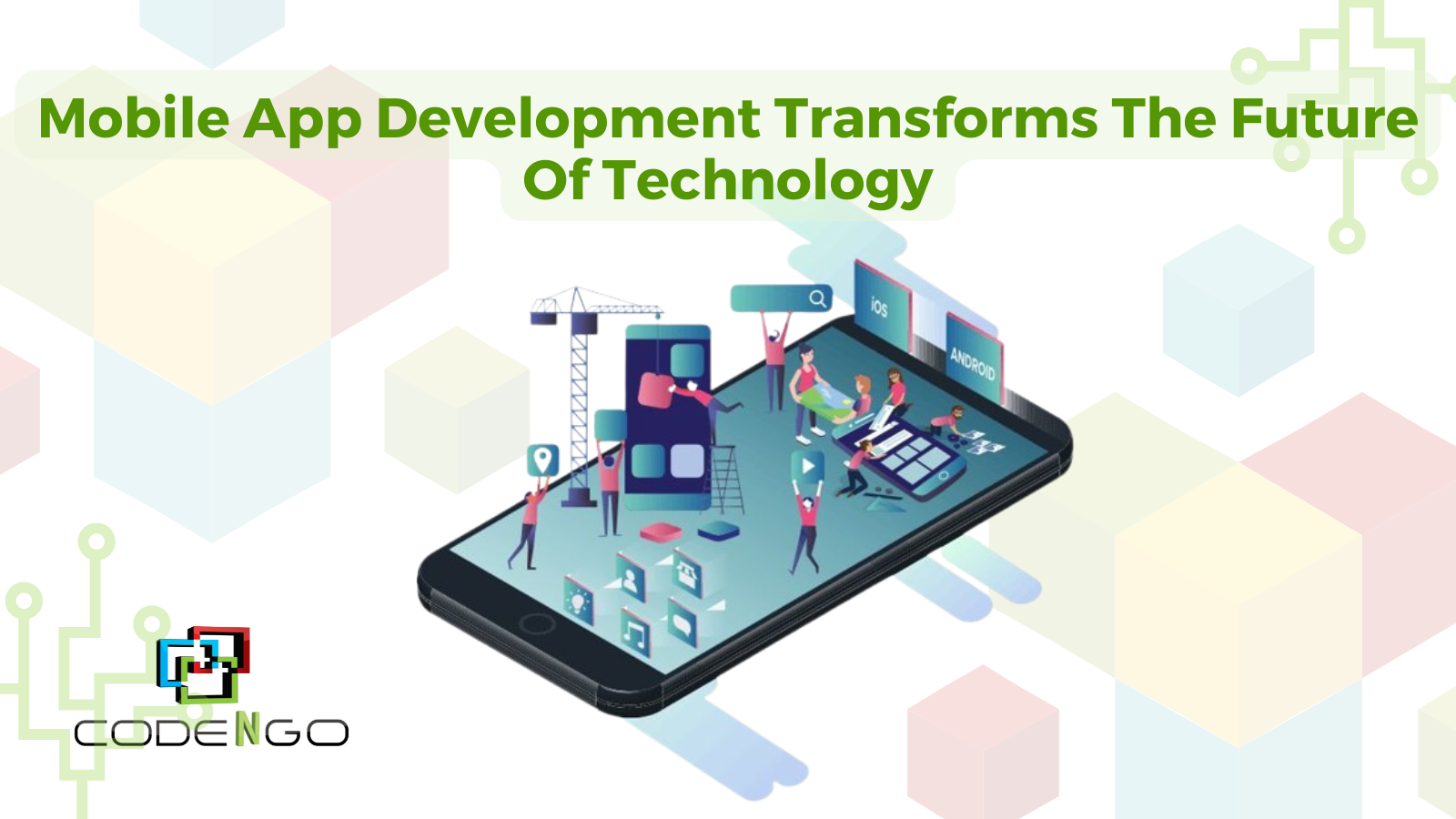Mobile app development is evolving at a breakneck pace, driven by technological advancements and changing user demands. From AI-powered tools to no-code platforms, the way we create and deploy mobile apps is undergoing a dramatic transformation. This revolution is empowering developers and businesses to deliver innovative, efficient, and user-centric applications. Let’s dive into the groundbreaking trends and technologies shaping the future of mobile app development.

Low-Code and No-Code Platforms: Simplifying Development
The rise of low-code and no-code platforms is democratizing app development. These tools allow individuals with minimal technical expertise to design and launch mobile apps using drag-and-drop interfaces.
Platforms like Bubble, OutSystems, and Adalo reduce development time and costs, enabling businesses to quickly prototype and deploy solutions. This trend is particularly beneficial for startups and small businesses looking to innovate without investing heavily in traditional development resources.
Artificial Intelligence and Machine Learning: Smarter Apps
AI and machine learning (ML) are revolutionizing mobile app functionality. Developers can now integrate AI-driven features like personalized recommendations, natural language processing, and predictive analytics seamlessly into their apps.
For example, chatbots powered by AI enhance customer support, while ML algorithms improve user retention by analyzing behavior and delivering relevant content. These technologies make apps smarter, more efficient, and highly adaptive to user needs.
Cross-Platform Development: Efficiency and Consistency
Gone are the days of building separate apps for iOS and Android. Frameworks like Flutter, React Native, and Xamarin enable developers to create cross-platform apps that perform seamlessly across multiple operating systems.
This approach significantly reduces development time and costs while maintaining a consistent user experience. Businesses can now reach a broader audience with minimal effort, making cross-platform development a game-changer.
DevOps and Continuous Integration/Continuous Deployment (CI/CD)
DevOps practices are streamlining the development process by fostering collaboration between development and operations teams. With CI/CD pipelines, developers can automate testing, deployment, and updates, ensuring faster delivery of high-quality apps.
This approach reduces errors, accelerates time-to-market, and allows teams to respond quickly to user feedback, making app development more agile and efficient.
Progressive Web Apps (PWAs): Bridging the Gap
Progressive Web Apps (PWAs) are reshaping the landscape by combining the best of web and mobile apps. PWAs are accessible through browsers yet offer features like offline access, push notifications, and fast load times, mimicking the performance of native apps.
For businesses, PWAs eliminate the need for separate app store submissions, reducing costs and simplifying updates. For users, they provide a seamless and responsive experience across devices.
Cloud-Driven Development
Cloud computing is playing a pivotal role in revolutionizing app development. Cloud-based solutions allow developers to build, test, and deploy apps without worrying about infrastructure limitations.
Platforms like AWS, Microsoft Azure, and Google Cloud offer scalable and secure environments for app hosting and data storage. This not only enhances app performance but also facilitates collaboration among globally distributed teams.
5G Technology: Unlocking New Possibilities
The rollout of 5G networks is a catalyst for innovation in mobile app development. With faster speeds, reduced latency, and enhanced connectivity, developers can create apps with real-time capabilities, such as high-definition streaming, AR/VR experiences, and IoT integrations.
5G also enables seamless communication between devices, paving the way for more advanced and interconnected ecosystems.
Focus on Security and Privacy
As mobile apps handle increasing amounts of sensitive data, security and privacy have become top priorities. Developers are integrating advanced encryption, biometric authentication, and secure APIs to protect user data.
With regulations like GDPR and CCPA in place, ensuring compliance is critical. Tools like automated vulnerability scanners and secure coding practices are now integral to the development process.
Embracing AI-Powered Development Tools
AI isn’t just transforming apps—it’s revolutionizing the development process itself. Tools like GitHub Copilot and OpenAI Codex assist developers by generating code, suggesting improvements, and automating repetitive tasks.
These tools accelerate development cycles, reduce errors, and allow developers to focus on creative problem-solving and high-level functionality.
The Road Ahead
The revolution in mobile app development is just beginning. By leveraging cutting-edge technologies like AI, 5G, and cloud computing, developers can build apps that are not only faster and smarter but also more user-friendly and accessible.
As barriers to entry decrease and innovation accelerates, mobile apps are poised to become even more integral to our daily lives. The future is bright for developers and businesses ready to embrace these transformative trends—and the opportunities are limitless.
Which of these innovations are you most excited about? Let us know!
Share this article on